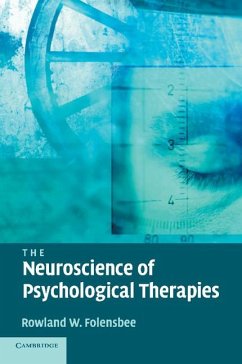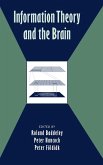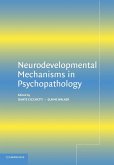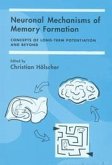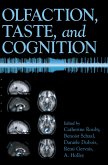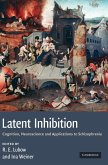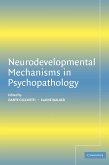The Neuroscience of Psychological Therapies summarizes knowledge of brain function and brain behavior relationships within the context of psychotherapy implementation. It describes how specific locations in the brain carry out specific activities, how the different activities are combined to yield normal and pathological behavior, and how knowledge of brain activities can guide psychological assessment and intervention. Specific topics include the influence of neural networks on discovery and change, the therapist's neuroscience, communicating with patients using the brain as reference, and using neuroscience concepts to compare and integrate traditional schools of psychotherapy. Applying a neuroscience framework to conceptualization and treatment of depression is offered as an example, and specific issues associated with trauma and false memories are discussed. The book is aimed at anyone working within a psychotherapy framework and who wishes to discover more about brain function and brain/behavior relationships.
Bitte wählen Sie Ihr Anliegen aus.
Rechnungen
Retourenschein anfordern
Bestellstatus
Storno

